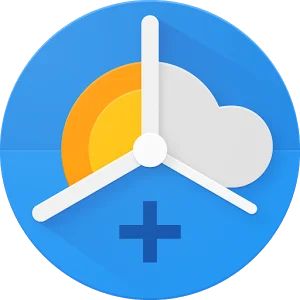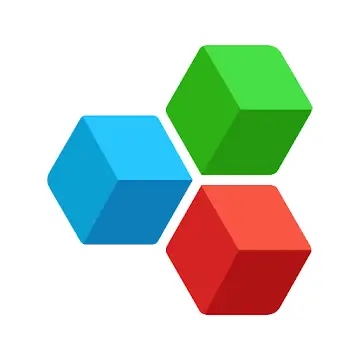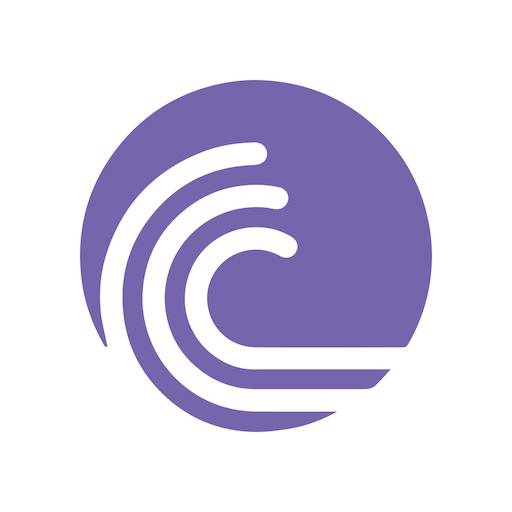AudioLab – Audio Editor Recorder Introduction
AudioLab is a powerful and versatile audio processing platform developed by the Signal Processing Group at the University of Cambridge. The platform provides a comprehensive set of tools for analyzing, processing, and synthesizing audio signals, making it a popular choice among researchers, engineers, and musicians alike.
In this article, we will take an in-depth look at AudioLab, exploring its history, features, and applications. We will start by discussing the origins of the platform and the research that led to its development. We will then move on to explore the key features of AudioLab, including its signal processing tools, visualization capabilities, and support for real-time audio processing. Finally, we will examine some of the many applications of AudioLab, from speech recognition and music analysis to audio effects processing and sound synthesis.
Origins of AudioLab
The development of AudioLab began in the late 1990s, as researchers at the University of Cambridge’s Signal Processing Group sought to create a comprehensive platform for audio processing and analysis. At the time, existing audio software tools were often limited in their functionality or difficult to use, requiring extensive programming knowledge to achieve even basic audio processing tasks.
The researchers recognized that there was a need for a more user-friendly and comprehensive audio processing platform, one that could handle a wide range of audio analysis and manipulation tasks with ease. They set out to develop a platform that would be accessible to researchers and engineers with varying levels of experience and expertise, while still providing the advanced functionality needed for complex audio processing tasks.
Over the next several years, the Signal Processing Group developed a series of software libraries and tools for audio processing, culminating in the release of AudioLab in 2005. The platform quickly gained a reputation for its power and flexibility, and has since been used by researchers, engineers, and musicians around the world.
Features of AudioLab
AudioLab provides a comprehensive set of tools for analyzing, processing, and synthesizing audio signals. The platform is built around a modular architecture, with a variety of tools and modules that can be combined and customized to suit a wide range of audio processing tasks.
Some of the key features of AudioLab include:
Signal processing tools: AudioLab includes a wide range of signal processing tools, including filters, transforms, and analysis functions. These tools can be used for tasks such as noise reduction, equalization, and feature extraction.
Visualization capabilities: AudioLab provides a range of visualization tools for analyzing audio signals. These tools include spectrograms, waveform displays, and scatter plots, among others.
Real-time audio processing: AudioLab supports real-time audio processing, making it well-suited for applications such as audio effects processing and live sound reinforcement.
Support for multiple audio formats: AudioLab can handle a wide range of audio formats, including WAV, MP3, and FLAC, among others.
Integration with other software tools: AudioLab can be easily integrated with other software tools, including programming languages such as MATLAB and Python.
Customizable user interface: AudioLab’s user interface can be customized to suit the needs of individual users, with the ability to create custom toolbars, menus, and keyboard shortcuts.
Applications of AudioLab
AudioLab has been used in a wide range of applications, from speech recognition and music analysis to audio effects processing and sound synthesis. Some of the key applications of AudioLab include:
Speech recognition: AudioLab has been used in research on speech recognition, with tools for feature extraction and analysis, as well as support for machine learning algorithms.
Music analysis: AudioLab can be used to analyze and extract features from music signals, such as tempo, pitch, and melody. This can be useful for applications such as music information retrieval and automatic music transcription.
Audio effects processing: AudioLab supports a wide range of audio effects processing tools, including delay, reverb, and distortion Sound synthesis: AudioLab can be used to create and manipulate synthetic audio signals, making it useful for applications such as sound design and electronic music production.
Acoustics research: AudioLab has been used in research on acoustics and audio signal processing, with tools for analyzing room acoustics, simulating sound propagation, and more.
Medical applications: AudioLab has been used in medical research and applications, including the analysis of biomedical signals such as electrocardiograms (ECGs) and electroencephalograms (EEGs).
Overall, AudioLab’s flexibility and power make it well-suited for a wide range of audio processing tasks, from scientific research to creative endeavors.
Pros of AudioLab:
- Comprehensive set of tools: AudioLab provides a wide range of signal processing and analysis tools, making it a powerful platform for a variety of audio processing tasks.
- User-friendly interface: AudioLab’s user interface is designed to be easy to use, with a range of customization options available to suit individual users’ needs.
- Real-time processing: AudioLab supports real-time audio processing, making it well-suited for applications such as live sound reinforcement and audio effects processing.
- Multiple audio formats: AudioLab can handle a variety of audio formats, including WAV, MP3, and FLAC, among others.
- Integration with other software tools: AudioLab can be easily integrated with other software tools, including programming languages such as MATLAB and Python.
Cons of AudioLab:
- Steep learning curve: Although AudioLab’s user interface is designed to be user-friendly, it can still take some time to learn how to use the platform effectively, especially for users with limited programming experience.
- Limited support resources: While AudioLab has a dedicated user community, support resources for the platform can be limited, making it difficult for users to troubleshoot issues or get help with more advanced features.
- Cost: AudioLab is a commercial product, and as such, it may not be accessible to all users, particularly those with limited budgets.
- Limited platform compatibility: While AudioLab can be integrated with other software tools, it is not compatible with all platforms and operating systems, which may limit its usefulness for some users.
- Advanced features may require programming knowledge: While AudioLab is designed to be user-friendly, some of its more advanced features may require programming knowledge, which could be a barrier for users with limited technical skills.
Conclusion
AudioLab is a powerful and versatile audio processing platform that provides a comprehensive set of tools for analyzing, processing, and synthesizing audio signals. Developed by the Signal Processing Group at the University of Cambridge, AudioLab has become a popular choice among researchers, engineers, and musicians alike, thanks to its flexibility, user-friendly interface, and advanced functionality.
Whether you are working on speech recognition, music analysis, audio effects processing, or any other audio processing task, AudioLab provides the tools you need to get the job done. With its modular architecture, real-time processing capabilities, and support for multiple audio formats, AudioLab is a platform that is sure to find a place in any audio processing toolkit.
♠ ♠ ♠ ♠ ♠ ♠
I invite you to join our official channel on Telegram to get the best exclusive free and paid apps














Leave your rating for the product